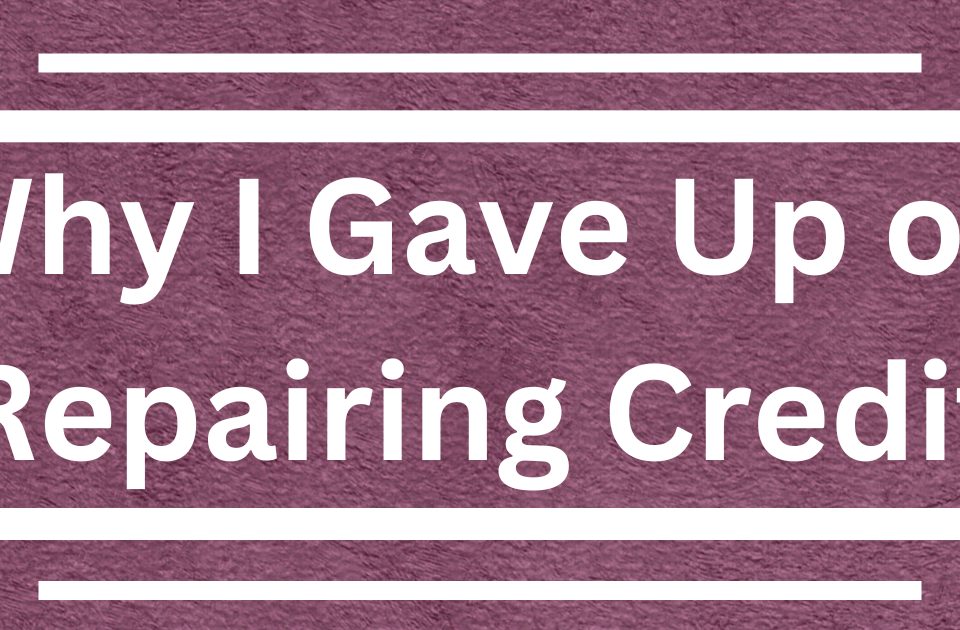Guarantor loans are some of the best ways to help other people borrow money if they are having a hard time getting approved by the lenders. These people can include those who have a bad credit history or younger ones who have limited credit history.
Since guarantor loans involve risks for the guarantor and the borrower alike, it is important to arm yourself with all the essential facts before entering any guarantor agreement. One of the first things you need to know and understand is what a guarantor on a loan is.
What are Guarantors on Loans?
A guarantor on a loan is basically someone who agrees to take on the responsibility of paying off the loan once the borrower defaults. If you are the guarantor for a person who cannot pay back his renovation loan, for example, you might end up paying back the loan on his behalf. You will basically be the one who will pay for his home’s renovation.
It is a serious and somewhat risky commitment to act as a guarantor on a loan. It can mean any of the following:
- You will have the liability for all future advances and outstanding debts until you are explicitly released from the obligations by the lender.
- Being a guarantor means you will be liable for additional interest, legal costs, and further charges when there is a delay in payments.
- You will need to pay the debt on the borrower’s behalf.
- The lender may take action against you with no need for them to take action against the borrower first.
- You won’t be able to recover the money in the future from the borrower.
Co-Signer vs. Guarantor
As an additional layer of security, banks or lenders may require someone who will be responsible for the primary borrower or principal applicant. That person can be a co-signer or a guarantor. The co-signer or guarantor’s credit score plays a crucial role in the decision of the loan disbursement to applicants with a low credit scores. A co-signer or a guarantor differs only when it comes to liability and responsibility as a whole.
While co-signers will have equal responsibility for the loan, guarantors are secondary forms of repayment. Guarantors will be liable only when the primary applicant fail to pay back the loan.
Advantages and Disadvantages of Guarantors on Loans
It will be easier for you to secure loans if you have a guarantor who can vouch for you. Take a look at the benefits that await you if you have a guarantor to back you up:
- A guarantor on a loan can work well for those people who have poor or no credit history at all.
- There are banks that can lend a large sum of money depending on the credit history of the guarantor.
- You can increase your chances of having your loan application approved if you have a guarantor.
However, just like anything else, having a guarantor also has its own disadvantages.
- You have to discuss your financial situation to the person who will act as your guarantor.
- Lenders don’t lower interest rates just because your guarantor has good credit history.
- There will be an adverse effect on the guarantor’s credit history if the principal borrower fails to pay back the loan.






